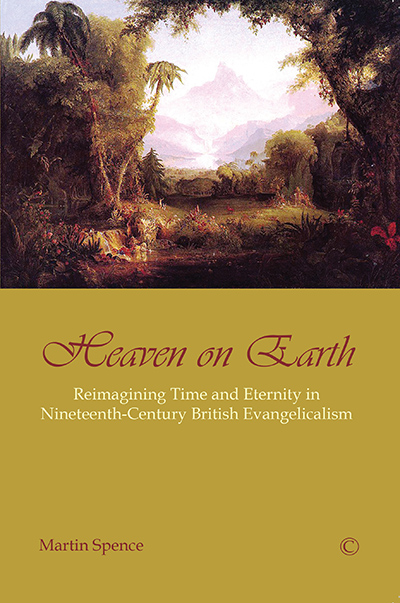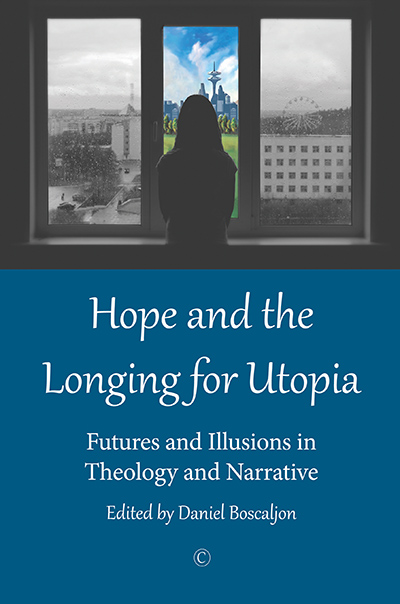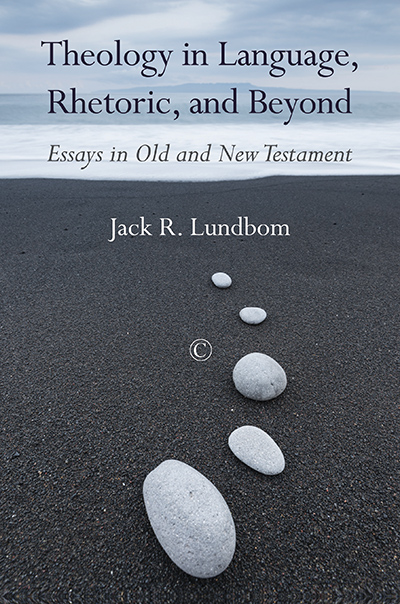Description
In nineteenth-century Britain, a large number of prominent Evangelicals rejected the idea that salvation meant “going to heaven when you die”. Instead, they proposed that God would establish his kingdom on earth, renewing the creation and reanimating embodied humans to live in a world of science and progress. Heaven on Earth introduces the writings and activities of these men and women, among whom were counted the ardent social reformer Lord Shaftesbury, the highly respected clergyman Edward Bickersteth, the popular author Charlotte Elizabeth Tonna, and the General Secretary of the Evangelical Alliance, Thomas Rawson Birks. Spence shows that the catalyst for such theological revisionism was the end-times doctrine known as “premillennialism”. While commonly characterized as a gloomy and sectarian belief, the book argues that premillennialism in Victorian Britain was actually an optimistic and often liberalizing doctrine. It dissolved older Evangelical assumptions about the dissimilarities between time and eternity, body and soul, heaven and earth. The book demonstrates that, far from being eccentric pessimists, premillennialists were actually pioneers of trends in nineteenth-century Christian theology that stressed the importance of the incarnation, prioritized social justice, and entertained the idea of universal salvation.





